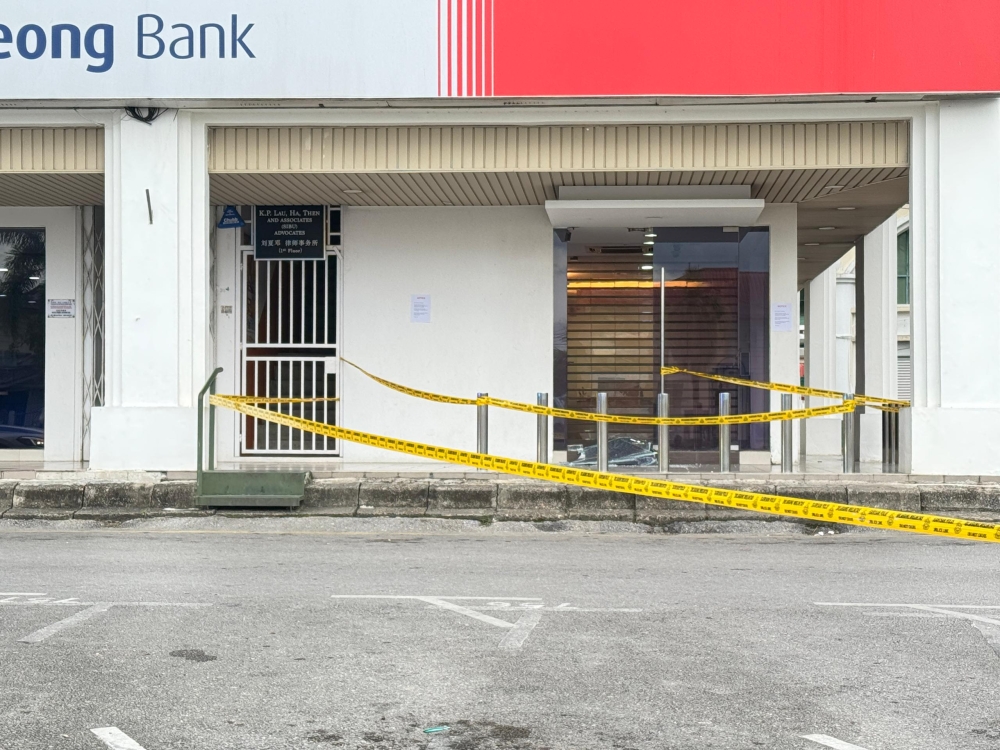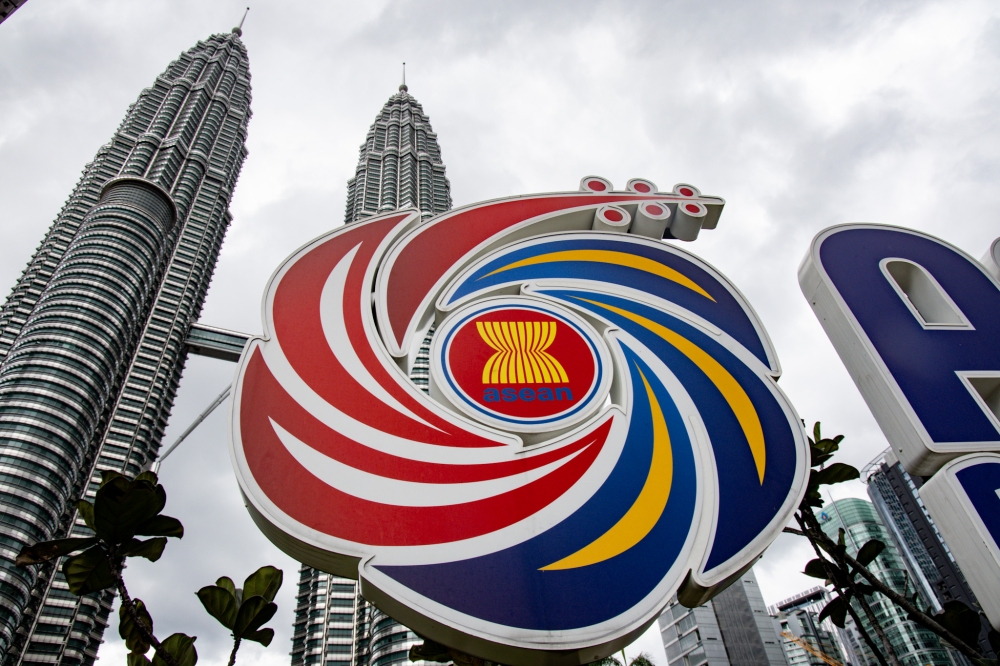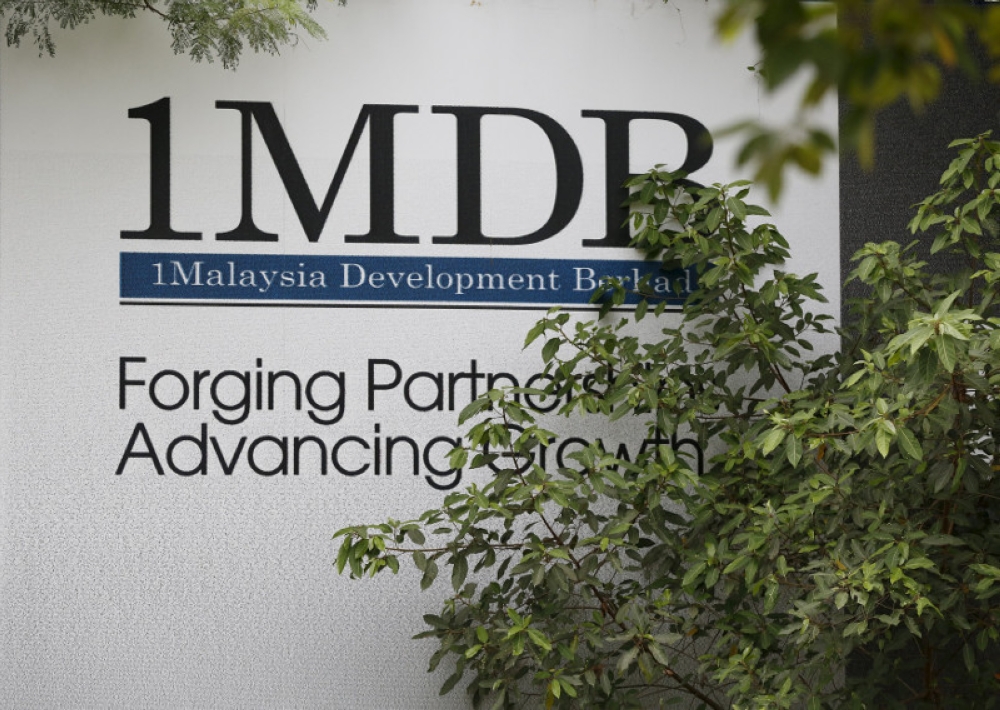JULY 28 ― When MP for Bukit Mertajam, YB Steven Sim’s motion to debate the position of Malaysia in the recently-released 2021 Trafficking in Persons Report was rejected by the Speaker of Dewan Rakyat a few days ago, I was at a loss for words. His excuse is simply unacceptable. How can a matter of grave importance like this be denied from being debated about?
Malaysia has recently been downgraded from Tier 2 Watch List (2WL) to Tier 3.
In simple words, a country listed under Tier 2WL is a country “whose governments do not fully comply with the minimum standards but are making significant efforts to bring themselves into compliance with those standards”.

Tier 3 is worse ― countries in Tier 3 fail to comply with minimum standards and also fail to make significant efforts to comply.
Malaysia has joined countries like Iran, Syria, North Korea, and Papua New Guinea to be listed in Tier 3 ― definitely not something we can be proud of.
Victims of human trafficking are known to fall into forced labour, prostitution, restrictions of movement, contract violation, wage fraud, assault, threats of deportation, the imposition of significant debts, and passport retention.
Being listed in Tier 3 costs our already-sluggish economy in many ways. Last week, Datuk Zuraida Kamaruddin, our Minister of Plantation Industries and Commodities, was reported to say that the national palm oil industry suffered a whopping loss of RM10.46 million in just five months of this year.
This is because of uncollected palm fruits as a result of labour shortage. It is also bad that our palm oil industry is heavily-dependent on foreign labour. To be more specific, 75 per cent of workforce in our palm oil industry is composed of foreign labour.
To make the matter worse, Indonesia has decided to place a temporary freeze on sending its citizens to work in Malaysia.
The palm oil industry and manufacturing industry in Malaysia rely a lot on foreign workers especially from Indonesia, Bangladesh, and Nepal, so even a temporary freeze can translate into potentially millions in ringgit of losses in productivity and potential earnings.
It is time that our authorities address the actual issues, especially the ones specifically-mentioned in the report. We are already at a disadvantage from United States’ import bans of our palm oil and glove due to allegations of forced labour.
Our authorities’ indifference towards finding real solutions will only slow down our economic recovery.
Take the first step by debating this motion in Parliament. We should truly find an end to this problem now.
* This is the personal opinion of the writer or organisation and does not necessarily represent the views of Malay Mail.





















